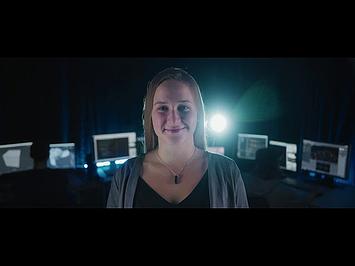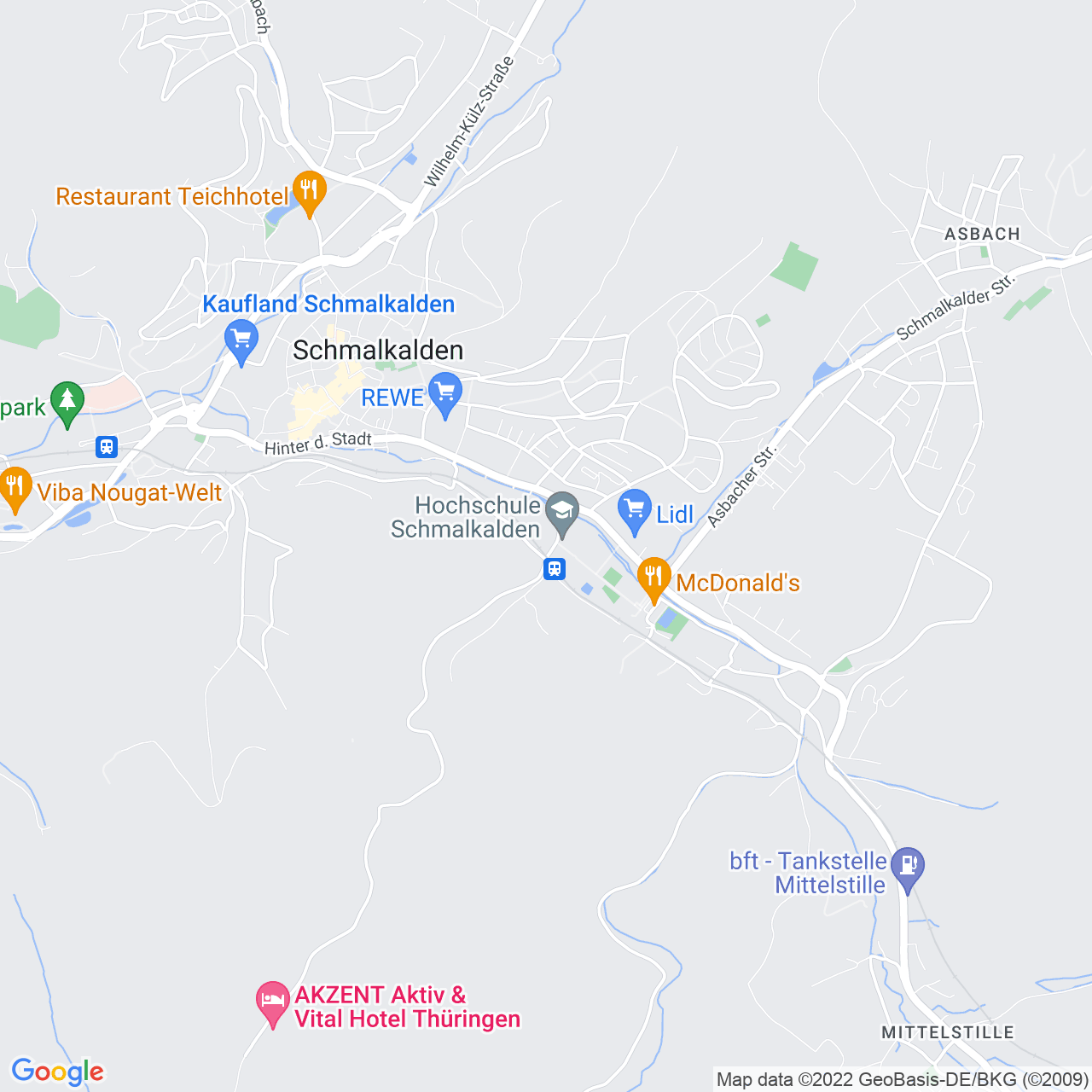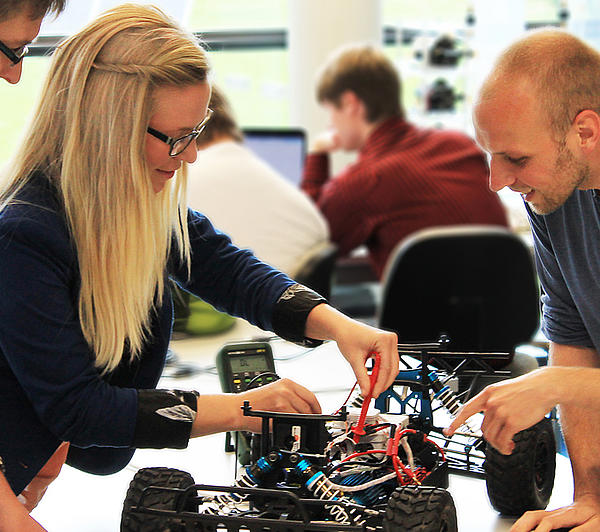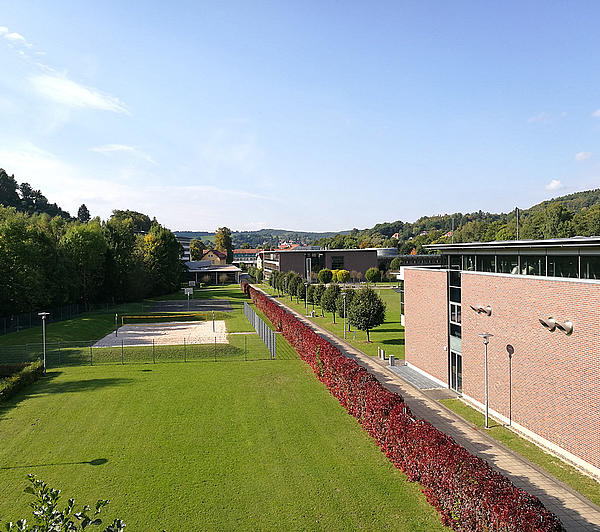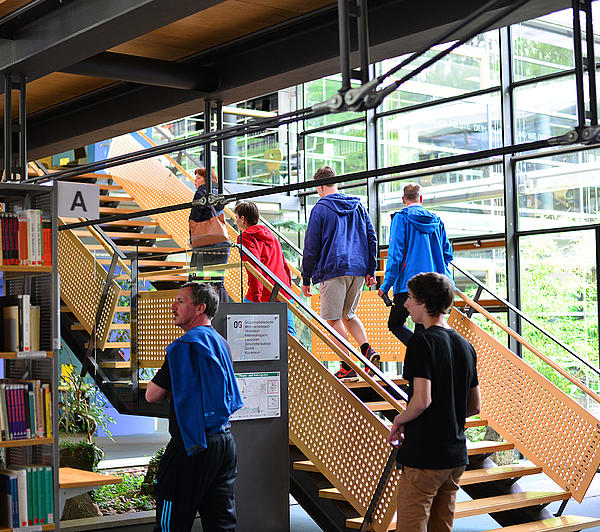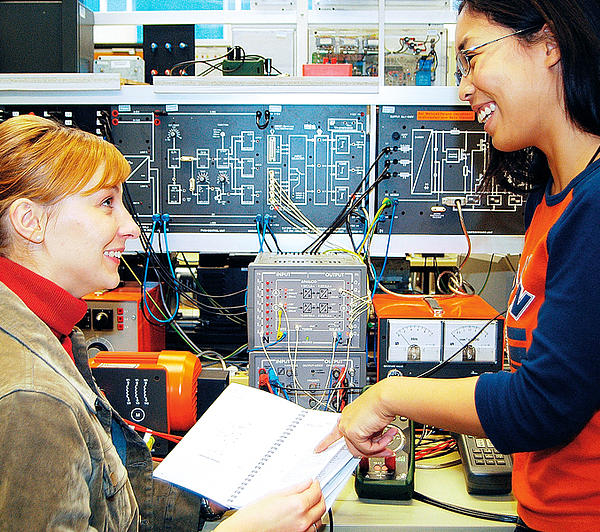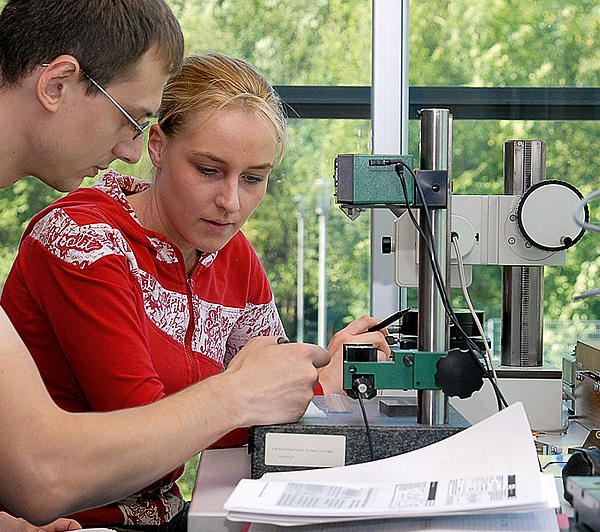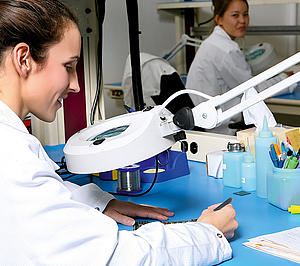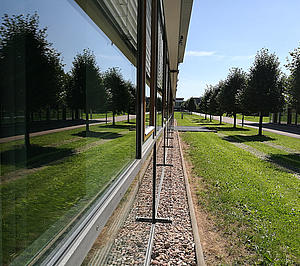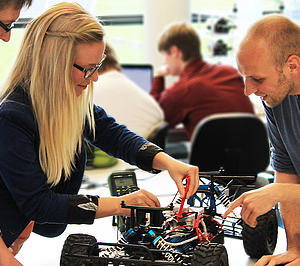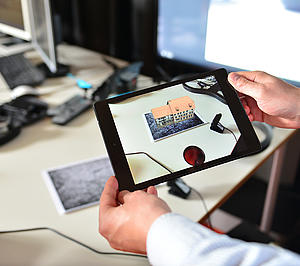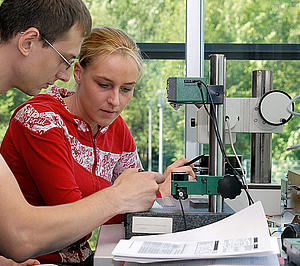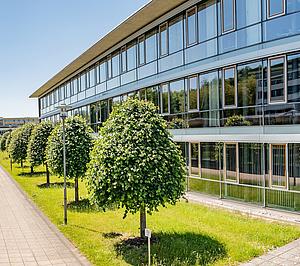New challenges for Computer Science
A new class of IT applications emerged during the recent decade gaining immense impact and substantially changed the social perception of Computer Science. In the same time, new challenges arose from this class of smart systems changing methods for design, development and operation of IT systems in a fundamental way.
Information
These new challenges are deeply connected with the main characteristics of smart systems and applications:
- Mobility: Mobile systems are moving while providing or consuming services. Generally mobile users take mobile devices with them in order to utilize wireless communication services. Mobile Applications exhibit specific behaviors and are constrained in ways that were unknown in traditional IT systems. They have to be developed for economic use of scarce resources and to adapt gracefully to context changes at the same time.
- Distribution: Modern IT systems tend to be highly distributed. The adoption of mobile devices and wireless communication technology makes it possible to access services located anywhere in the world. In consequence, the resulting complexity has to be met with adequate concepts, methods, and technologies.
- Contextual dependence: Due to mobility and rapidly changing environments applications have to adapt themselves to situational changes quickly. Smart applications are expected to deliver meaningful and adapted variants of their services in different type of environment (context awareness).
Study form: Full time
Study duration: 4 semester
Graduation Master of Science
ECTS: 120
Study start: in winter term
Registration end: June 15th
Central Topics of Applied Computer Science
- Distributed and Mobile Systems. Central Topics include: Concepts and methods for the development of distributed and mobile systems, Software engineering, programming of mobile applications and communication technologies, Advanced concepts for the engineering of distributed systems as well as modern integration technologies and middleware platforms.
- Knowledge Engineering and Data Science. For knowledge engineering and data science the autonomous interactions to several kinds of environments is of fundamental importance. The courses provides a deep knowledge, from basic to advanced topics as well as practical abilities in data acquisition, digital signal processing with emphasis on time series processing and prediction, feature extraction methodologies and machine learning technologies.
- Software Engineering. Central Topics include: Interdisciplinary and holistic techniques for the development of smart systems. This affects design, development, testing, and operation of these applications.
- Communication Technologies and Security: Distributed and mobile systems are highly communication intensive. A solid knowledge of underlying communication technologies is a prerequisite for the development of these systems and their security.
Admission Requirements
- An outstanding academic degree in the fields of informatics or related areas (Bachelor degree, German "Diplom"), or equivalent
- Good knowledge of English
Master of Science (ID 274132)
1. Semester
- Computer Graphics (5 CP)
- Distributed Systems (5 CP)
- Elective Courses (35 CP, W)
- 3D Modeling (3 CP, W)
- Human Machine Interaction (5 CP, W)
- Image Processing I (5 CP, W)
- Image Processing II (3 CP, W)
- Interactive Systems (5 CP, W)
- IT-Security Advanced Chapters (5 CP, W)
- Media Production I (3 CP, W)
- Media Production II (3 CP, W)
- Selected Chapters Functional Programming (4 CP, W)
- Semantic Technologies in Distributed Systems (4 CP, W)
- Text Analysis and Data Search (4 CP, W)
- IT-Security (5 CP)
- Signals and Systems (5 CP)
2. Semester
- Agile Software Development (5 CP)
- Computational Intelligence (5 CP)
- Elective Courses (35 CP, W)
- Mobile Systems (5 CP)
- Service-oriented Networks (5 CP)
3. Semester
- Elective Courses (35 CP, W)
- Project (5 CP)
- Seminar (5 CP)
- Web Applications (5 CP)
4. Semester
- Master’s Colloquium (3 CP)
- Master’s Thesis (27 CP)

